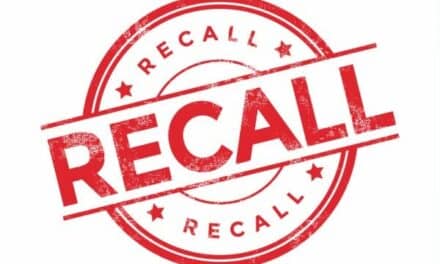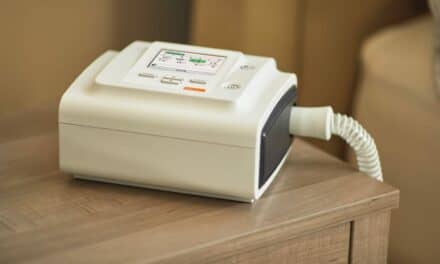MasterControl released a new study analyzing five years of product recall data from the Food and Drug Administration (FDA) and Consumer Product Safety Commission (CPSC) showing that recalls have increased more than 115% since 2018.
Over that same time period, however, medical devices only made up 4% of FDA recalls.
“The first step in creating change is understanding what issues to focus on which is what we hope this data provides. We’re seeing that there are problem areas like allergens and categories like infant products that get flagged frequently,” said Matt Lowe, chief strategy officer (CSO) at MasterControl. “This analysis is meant to surface the areas where companies can improve and highlight the crucial need to maintain accurate records and implement more stringent controls that prioritize transparency and accountability in all aspects of their operations.”
Recalls have hit five-year highs with more than 600 in 2022 alone. Agencies have increased regulatory oversight in the last few years which is a likely reason for the increase, but a dive into the data helps uncover what they are seeing.
- Allergens have driven the largest number of recalls (34%) from the FDA over the last five years while fire hazards caused the CPSC to pull the most items (24%) from the market.
- Foods with undeclared or mislabeled allergens were recalled 1.6 times more often than foods recalled for foodborne illness.
- More than 1 in 5 FDA recalls since 2018 were driven by process and contamination concerns.
These quality culprits rear their head in some categories more than others. Recent headlines on salmonella in dog food and return requests for baby formula point to where issues hit the most—products and food for kids and pets. Other shocking headlines have called out medical device manufacturers for faulty pacemakers and more, but the data tells the true story on recall frequency here, according to MasterControl.
- Kid safety is the leading cause of recalls for the CPSC, with more than 1 in 5 involving child and baby products — more than any other category.
- There were twice as many recalls on pet food and animal products in the past five years than those issued on baby formula.
- Only 4% of FDA recalls were for medical devices since 2018.
While manufacturers are making progress in many areas, still nearly a third (30%) of FDA recalls pertain to quality management, and the majority (62%) of CPSC recalls were made only after injury or incident involving the product were reported.
“Companies have to do better prioritizing quality management before they injure or impact the customer. The increase in the number of recalls since 2018 highlights the vital importance of prioritizing quality and safety tracking across life science and consumer industries,” Lowe said. “Careful leaders will see that regulators have a closer eye on quality in the manufacturing process than ever before and these changes will require organizations to see quality assurance, not just as a cost center, but as a strategic priority for business.”





